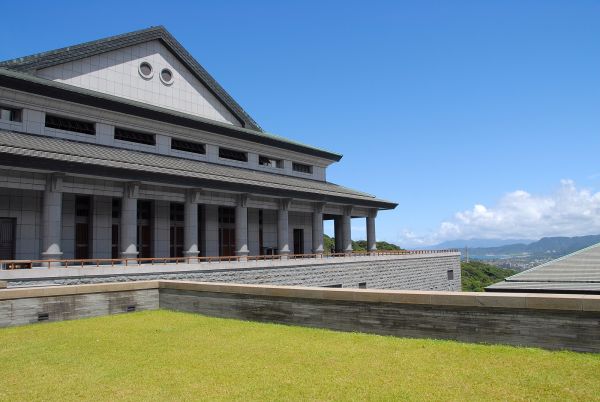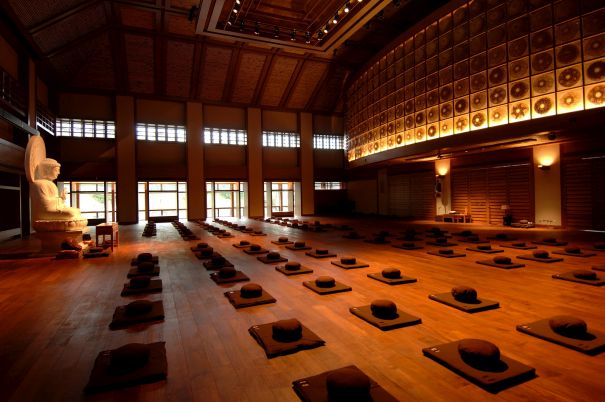Special Topics
Stay Overnight in the Monastery
Q: Is It Possible That We Stay Overnight in the Monastery?

The best way to experience monastery life would be to register for a Buddhist practice for an overnight stay, in which the monastery usually arranges for meals and accommodation. If a mere one-night stay is needed, one may consult with the reception desk about relevant regulations. Asking for a stay in a monastery is generally referred to "Gua-Dan" (掛單), which literally means "hanging up one's personal belongings" in Chinese. Therefore, those wanting to enquire for a stay in a monastery would ask "May we Gua-Dan?"

The best way to experience monastery life would be to register for a Buddhist practice for an overnight stay, in which the monastery usually arranges for meals and accommodation. If a mere one-night stay is needed, one may consult with the reception desk about relevant regulations. Asking for a stay in a monastery is generally referred to "Gua-Dan" (掛單), which literally means "hanging up one's personal belongings" in Chinese. Therefore, those wanting to enquire for a stay in a monastery would ask "May we Gua-Dan?"
The original meaning of Gua-Dan
"Gua-Dan" originally referred to a temporary stay that the itinerant monastics applied to a monastery en route. The word "Dan" refers to the name list—that is, the name sheets of all residential monastics posted along the walls of western and eastern wings of the hall. Monastics usually hung their mantles and alms-bowls on the hangers under their name sheets. As usual, the itinerant monastics post first their name sheets on the wall and then hang on their mantles and bowls under. This ritual is so-called "hanging up one's personal belongings."
Following the daily schedule of the monastic group

To stay in a monastery is to live with a group. Visitors, therefore, have to follow the daily schedule of the monastic group, such as when to get up and go to bed as well as when to have meals. Visitors may have to find their own food if they miss the meals. Life in the monastery usually involves early to bed and early rising; it is thus better to follow the rules to take rest as when the group does, and not to walk around at night.
In addition, some monasteries deep in the mountains may not be able to supply hot water throughout the day; the washing time might hence be limited. One should live in a frugal manner in the monastery and value all materials provided for they are all from public donations; it is in this way that one treasure one's own blessings.
Before leaving the monastery, one should tidy up the room and then inform the reception of one's leaving. The last thing to do is to pay a sincere homage to the Buddha in the Buddha Hall, as a way of taking notice of one's leave.
